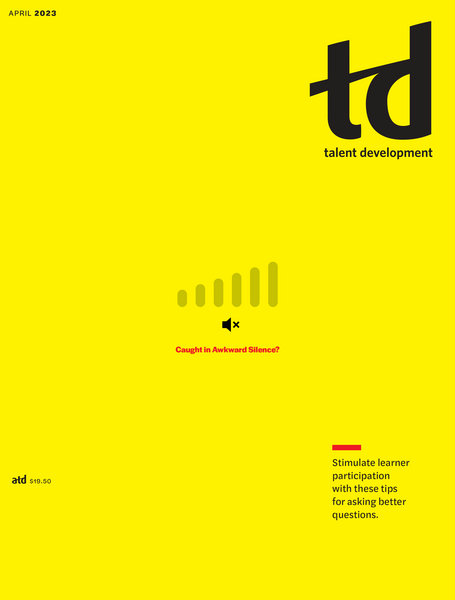TD Magazine Article
Map It Out
Models get to observable behaviors for L&D solutions.
Fri Mar 31 2023
Models get to observable behaviors for L&D solutions.
Job aids, templates, and checklists—those are some of talent development professionals' most-valued assets, both to use and give to learners. Another valuable resource is models. In "5 Models for Data-Driven Learning," Kristin Torrence describes the competency, evidence, task, learner, and pedagogical models that learning designers can use to strategically identify and collect data to support learners.
L&D professionals can use models to break down competencies to observable behaviors that individuals must perform on the job to be successful. They can then use that information to create deliverables for their clients.
Here are some common L&D needs and how models can help.
Learning pathways. An L&D professional asked to create a learning pathway for a newly established position can tap a competency model to gain clarity regarding what skills an employee must have. They also can develop a future learning program for the employee based on targeted competencies.
Training needs. A learning designer tasked with auditing training materials can use a competency model to identify gaps in those materials and determine what training content is needed. They can map development solutions to competencies and assess which competencies training programs or development resources don't meet.
Certifications or credentials. When developing evaluation criteria for a certification or credential, an L&D professional can use a model to identify competencies and the observable behaviors to measure. They can then align the certification exam questions accordingly.
These tips were adapted from the April 2023 issue of TD at Work. Learn more at td.org/TDatWork.
You've Reached ATD Member-only Content
Become an ATD member to continue
Already a member?Sign In

